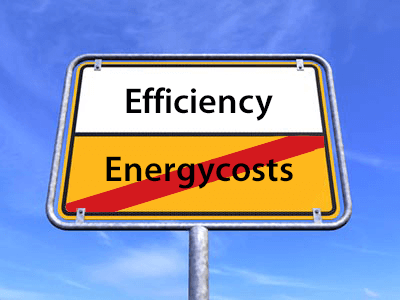Energy is one of the key challenges of the 21st century. Being the main causer of global climate change, energy supply has gradually moved to the centre of political attention. On the economic level, it promises to open up new horizons, in particular for many developing countries.
In Germany – in some sense a frontrunner of international climate policy until now – the Energiewende has become a central project of politics and society; and despite many challenges yet to be solved, one thing is clear: In 20 years from now, the energy world will look completely different. We will drive different cars, heat our homes with different fuels and get most of our electricity from solar and wind instead of from coal and uranium.
Let me take you on a journey to this future energy world in my presentations – and learn also what we need to do today to get there in a cost-efficient and socially acceptable way. In a clear and understandable language, without ideology, based on the central facts and connections – promised!

The Energiewende and its consequences
- Does the Energiewende threaten the international competitiveness of German industry?
- Does the Energiewende threaten the security of supply?
- Does the Energiewende really help to fight global climate change?

The future of energy
- Will my electricity come from my rooftop or from big windfarms in the North Sea?
- Will I drive an electric car or a hydrogen car?
- Will I heat my home with …wood? electricity?

The German energy transition and global climate change
- Can the German energy transition be a prototype for other countries?
- What can other countries learn from the German energy transition and its shortcomings?
- Is there still a real chance to achieve the 2° goal?

